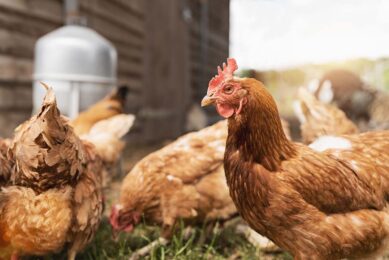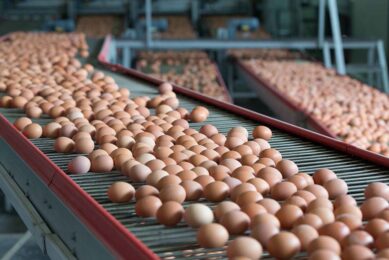Bioprocessing, the new platform for producing viral vaccines
SAFC Biosciences and Vivalis formed a scientific partnership to develop a cell culture-based vaccine platform.
Vivalis has taken advantage of its expertise in avian biology and embryonic stem cells to develop fully characterised and documented cell lines that are permissive to a number of viruses. SAFC Biosciences has drawn on its knowledge and expertise in media development to generate an offering of media that support robust growth and viral productivity of these cell lines.
Many human and animal vaccines currently being developed are produced in eggs or primary chicken embryonic fibroblasts (CEFs). Eggs and CEFs are used to manufacture both human and animal health vaccines. These processes have changed little in more than 60 years.
There are, however, known limitations to these platforms, including the time and effort involved in the manufacturing process, the number of fertilised eggs required, the potential for allergic reactions to eggs, and the inability to grow viruses that are lethal to eggs or chickens.
Another drawback to the current egg-based manufacturing methods for influenza vaccines requires the prediction of the strains most likely to be circulating a year in advance of the typical influenza season.
Unlike an egg-based vaccine process, cell culture methods for generating vaccines allow a much quicker manufacturing response time.
However, there are concerns associated with cell culture platforms that require serum. Consequently, continuous cell lines and the use of serum-free, animal-component free media show promise for vaccine manufacturers.
Join 31,000+ subscribers
Subscribe to our newsletter to stay updated about all the need-to-know content in the poultry sector, three times a week. Beheer
Beheer








 WP Admin
WP Admin  Bewerk bericht
Bewerk bericht